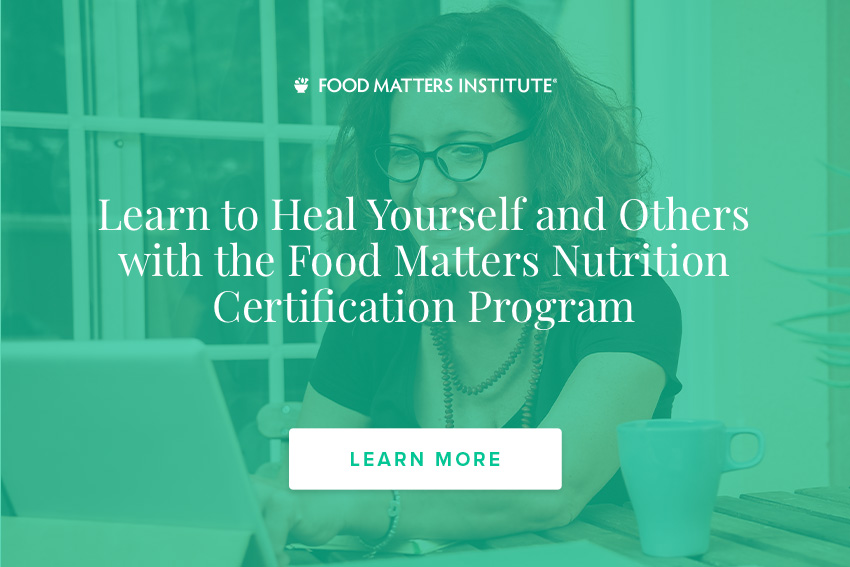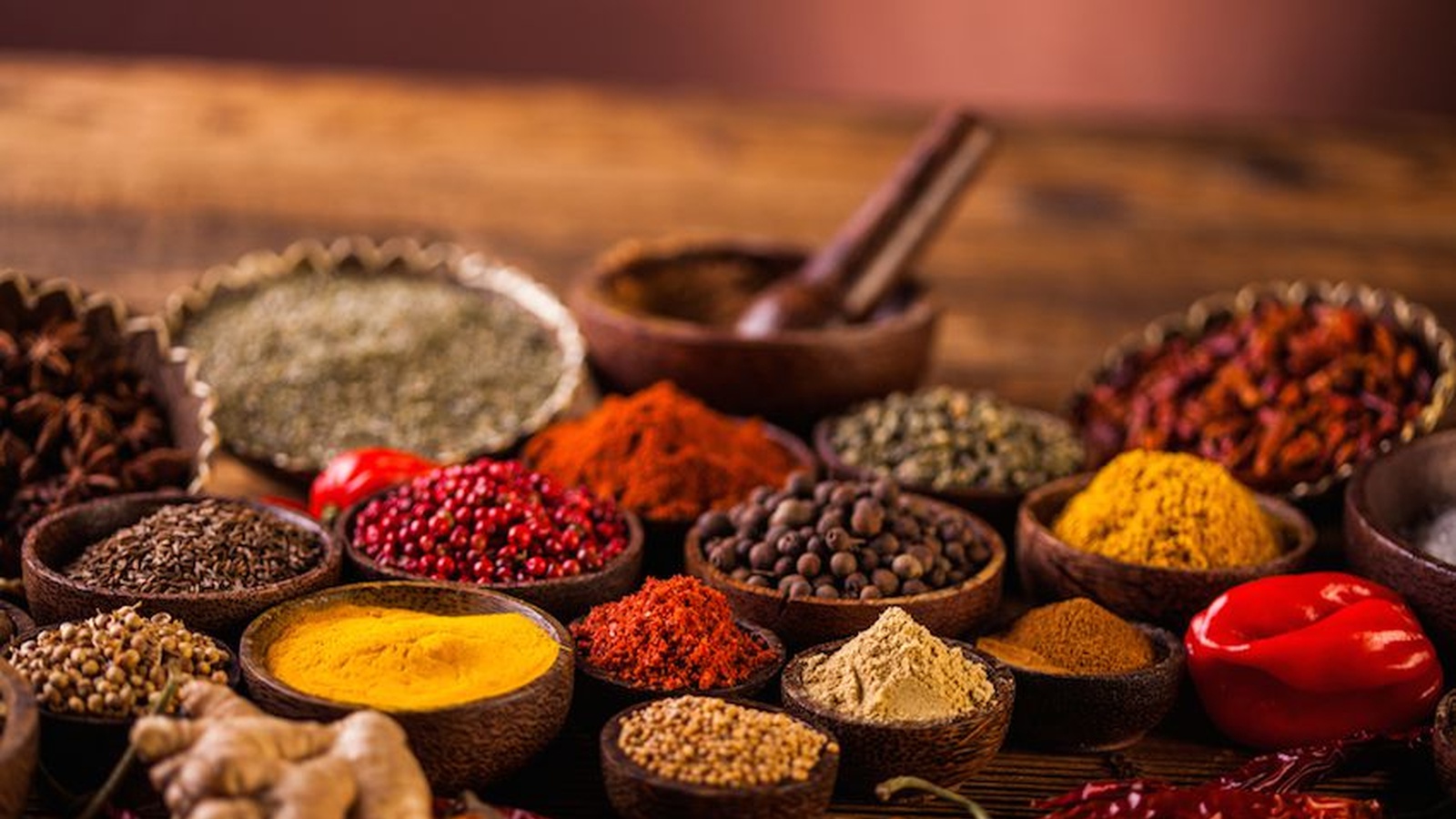Doctor Devotes Career To Using Therapeutic Power Of Ancient Medicine
In many parts of the world, including India, spices are considered sacred and used both as a food and for medicine. Due to their effectiveness, this ideology has now spread into Western medicine. Written by Bharat B. Aggarwal, Healing Spices: How to Use 50 Everyday and Exotic Spices to Boost Health and Beat Disease, details the story of an Indian doctor who has dedicated his career to making scientific breakthroughs involving the use of spices to treat chronic diseases.
The following is a snippet from his book:
Spices have been in my life—in my diet, in my medicine cabinet, and in my thinking—since I was a youth growing up in Punjab in northern India. And now—as Professor of the Department of Experimental Therapeutics at the University of Texas M.D. Anderson Cancer Center—spices are the subject of many experiments in my laboratory, where my colleagues and I are discovering the molecular and biochemical secrets behind the therapeutic power of these ancient medicines, and conducting human studies to put those secrets to use in the battle against cancer.
When I was growing up in India, spices were the main medicines my family used for everyday healing, in keeping with the tradition of Ayurveda, India's system of natural healing, which employs spices, herbs, and healthful lifestyle to prevent and treat disease.
My twin interests in unraveling the biochemical secrets of cancer's lethal intrusion and researching the healing power of spices led me in 1989 to Houston and the Department of Experimental Therapeutics at the University of Texas M.D. Anderson Cancer Center.
There, during the 1990s, 1 discovered that curcumin is active against cancer. One experiment after another led to a greater understanding of its potential. Yes, it is capable of attacking breast cancer. . . colon cancer. . . and pancreatic cancer. And now the positive results of this research are being tested in clinical studies with cancer patients.
At first, my experiments on "traditional folk medicine" didn't get much attention at the highly conventional M.D. Anderson. When I first mentioned to an oncologist that a compound in an ordinary Indian spice had anti-cancer properties that I'd never seen in any other substance, I was politely shooed out of his office.
A few months later, however, I attended a conference in India with John Mendelsohn, MD, president of M.D. Anderson and one of the most influential oncologists in the United States. While there, he attended my presentation on the healing potential of curcumin and then talked to me afterward. "I had no idea that the science behind your results was so solid," he said. We talked more on the long flight home. By the time we returned to Houston, he had decided he wanted to launch human studies on curcumin and cancer.
Today, dozens of human studies on curcumin have been completed, and many more are underway. Research shows that curcumin may help treat a range of health problems, including heart disease, Alzheimer's disease, arthritis, prostate problems, inflammatory bowel disease, psoriasis, and, of course, various cancers, including colorectal, breast, pancreatic, bladder, oral, cervical, and stomach.
Discovering the tremendous healing capacity of turmeric and curcumin got me hooked on investigating spices in my laboratory. We moved on to experiments with many other spices and their compounds: the garcinol in kokum, the zerumbone in ginger, the ursolic acid in oregano, the quercetin in onions, the capsaicin in red chile, the ellagitannins in pomegranate, to name a few. And one by one, we found, yes, spices and their compounds are powerful healers.
Back in 1995, when I started investigating turmeric, there were less than 50 published scientific studies on the healing potential of spices. Today, there are thousands. Worldwide, researchers have linked culinary spices to the prevention and treatment of more than 150 health problems.
Spices, they have found, contain compounds that fight oxidation and inflammation, the two processes underlying most chronic diseases. And studies that analyze dietary patterns and disease—so-called population or epidemiological studies—have linked high spice intake to low rates of chronic disease.
What Are Your Experiences Using Spices For Healing?
Do you have a passion for nutrition & natural healing?. Learn more about the Food Matters Nutrition Certification Program here.

